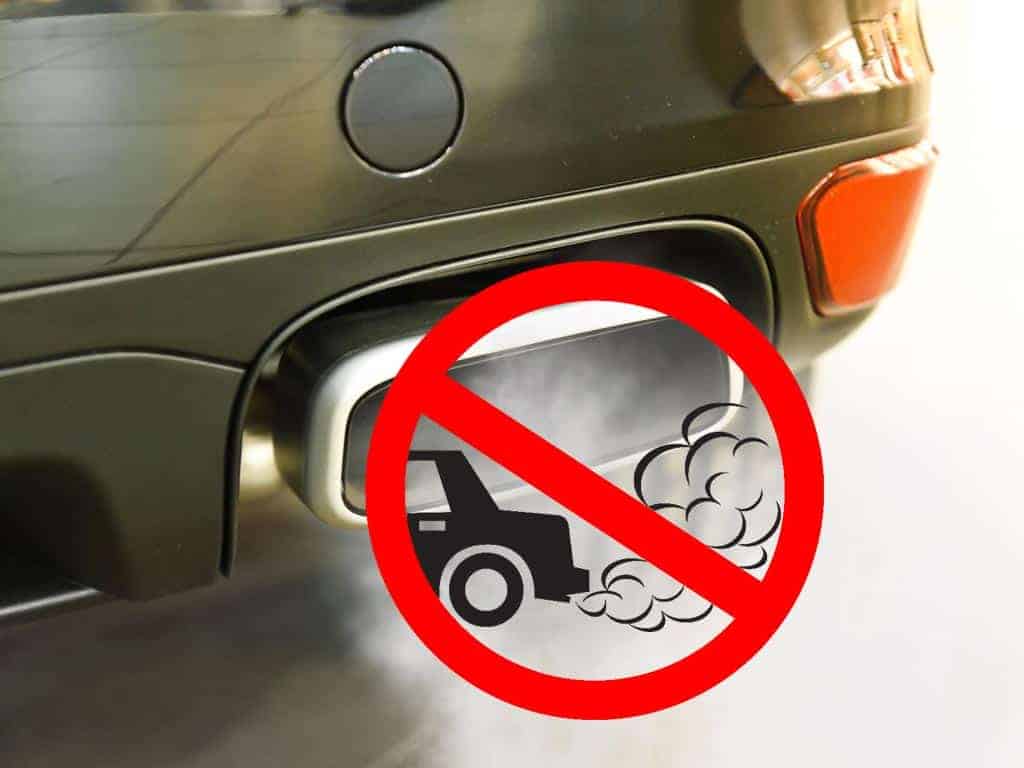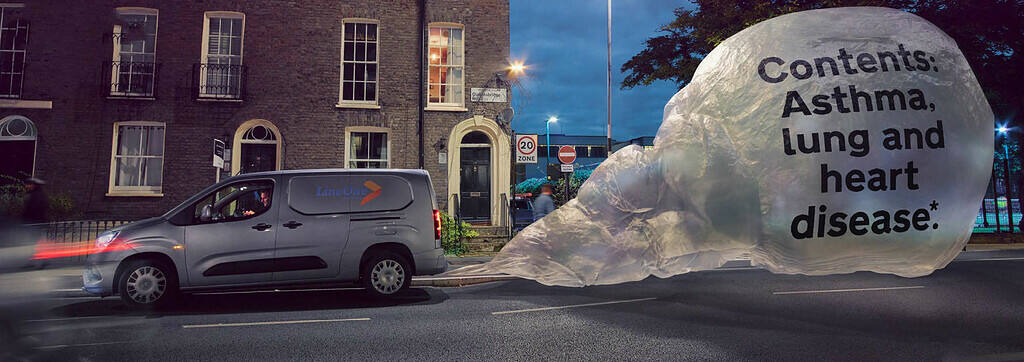Is Idling Bad for Your Car?
Before you start driving yourself you can hear all sorts of myths and stories that you believe because they are being told to you by someone older, wiser and more experienced than you, but do you ever stop to consider whether what you’re being told is true or just a load of garbage? There are plenty of examples I could use, but one immediately springs to mind because it comes from me wondering about the pros and cons of a relatively recent automotive technology. Have you, like me, ever wondered if it’s true that idling for too long can be bad for your car?

Why would you let your engine idle?
There are several occasions where you might be tempted to keep your vehicle’s engine turned on and idling instead of turning it off. The most obvious of them all is when you are at a junction or stop line of some sort and you’re waiting what’s likely to be a short amount of time until you can drive away again.
It hardly seems worth it to go to the bother of turning your engine off if you might be starting it up again in a few seconds, but what if you are stopped for a longer period of time than you had anticipated?
Another occasion where you might leave your engine idling is when you’re stuck in a traffic jam. Sometimes you might be moving a foot or two every second, but other times you might find yourself stationary for a few minutes or longer. If it’s a hot day you’ll probably keep the engine on for the air conditioning, and on a cold day, you’ll do the same to keep the heater on.
You could have arrived at a destination where you are supposed to pick someone up but they’re not there yet. If you’re not parked in a proper parking space you might want to keep your engine running so you can make a quick getaway if someone comes along to take you to task about your potentially illegal parking preference.
And talking of getaways…… No, we shouldn’t go there, should we?
What happens when your engine is idling?
When a car engine is idling it is running on minimum power but the vehicle isn’t moving. You might have the parking brake on or have the transmission in park or neutral, but the main thing is you’re not going anywhere just yet. Your engine is using fuel and all your other vehicle’s systems are either on and working or available to you if you need them, so what could possibly be wrong with letting your engine idle?
Some people believe that constantly turning an engine on and off again can cause unnecessary damage, and this is where my curiosity was raised. The first time I gave any serious thought to engine idling was the first time I drove a car with an automatic stop/start feature.
If I remember correctly it was a BMW 5 Series that I was using at the time as we didn’t have any demonstrators registered. Even though the automatic cutting of the engine when I stopped was almost unnoticeable, it was a little more obvious what was going on as I applied the gas to move away and the engine restarted.
Now I didn’t approach this issue wondering if leaving your engine idling was bad for the engine; my cause for concern was is it bad for an engine to be turned on and off repeatedly in a short space of time when you’re in traffic?
Can auto stop/start damage your engine eventually?
When I got back to the dealership I went to have a word with our master technician. I always did this when it came to questions about the technicalities of cars as I prided myself on knowing next to nothing about any of the bits on a car that got dirty.
I’ll teach anyone how to pair their new phone to an infotainment system or how to retune the DAB radio to find new stations, but engines, brakes, and transmission were always a long way outside my comfort zone.
Our master technician reassured me that having the auto on/off feature activated wouldn’t cause any damage to the engine, battery, or any other vehicle system. And even though I was still a little skeptical, he even assured me that the feature would save fuel and lower the overall tailpipe emissions too.

Can constant idling be bad for your engine then?
Although I didn’t ask the technician for extra information, he then went on to tell me more. He appeared to assume that my next question would be about not having auto stop/start and if leaving the engine idling could then cause problems. I then learned that leaving your engine idling for a prolonged period doesn’t do any damage to your engine.
If you have the heater, air-con, heated seats, heated steering wheel, ventilated seats, infotainment system or anything else on full blast while idling for a very long period, there is the possibility you could run your battery down. Although the alternator will be working to recharge the battery while the engine is idling, if more load is being put on the battery than is being replaced then the battery charge will drop as time goes by.
If you keep your engine idling indefinitely you’ll eventually run out of gas too, and we’ve only talked about leaving your engine idling when your car is outside so far. Some people have been known to leave their engine idling while the car is still in the garage to warm it up on a freezing morning.
Do I have to point out that the carbon monoxide emissions from your car’s tailpipe are extremely poisonous, and if you are in a closed space that fills with carbon monoxide from a running car engine it could quite easily kill you?
It is potentially possible that if you left your engine idling for hours and hours on end for some reason, it would eventually cause unnecessary wear and tear on components such as the head gasket, spark plugs, and cylinder rings, but why on earth would anyone leave and engine idling for that long anyway?
I’ve only really been thinking about newer cars with fuel injection and automatic transmissions up to now, but older cars can be slightly different. If you are driving a car that has carburetors instead of a fuel injection system and you’re running dangerously low on gas, keeping your engine running in traffic will use less gas than repeatedly stopping and starting it and could make the difference between reaching the gas station and having a long push or walk.
Although it’s not an issue for your engine, if you are in heavy, slow-moving traffic and you drive a stick shift, you should avoid riding the clutch for a prolonged period.
A clutch is very much a wear and tear item and replacing one can be pretty expensive for some vehicles. Keeping your clutch partially engaged for a long period to avoid the engine cutting out will put unnecessary wear on your clutch and will result in your having to replace it sooner than perhaps you would have done if you’d gone easier on it.
It’s not all about your engine

We’ve established that leaving your engine idling for a reasonable amount of time, such as in traffic or at a stoplight won’t do any damage to your engine whatsoever, but there are other issues with idling that may or may not concern you.
As I mentioned earlier, leaving your engine idling will continue to pump harmful emissions out of your tailpipe. That’s not going to do you any harm unless you’re sitting in your car in your garage, but is going to cause harm to the environment, even if it’s only a little. The air quality around roads and highways is pretty bad at the best of times and children who live close by cab be particularly susceptible to poor air quality.
And as long as your car is relatively modern with fuel injection, turning it on and back off again instead of leaving it constantly idling might save you a bit of fuel too.
Leaving your engine idling isn’t going to do any real harm to your engine itself, but it could lead to problems with other areas of your vehicle’s mechanics, an unnecessary empty gas tank, or a battery being drained of its go-go juice. There are also those environmental elements to take into consideration, but I’m not someone who’s going to bang on to you about that sort of thing so whether that sort of thing matters to you is entirely your business.
